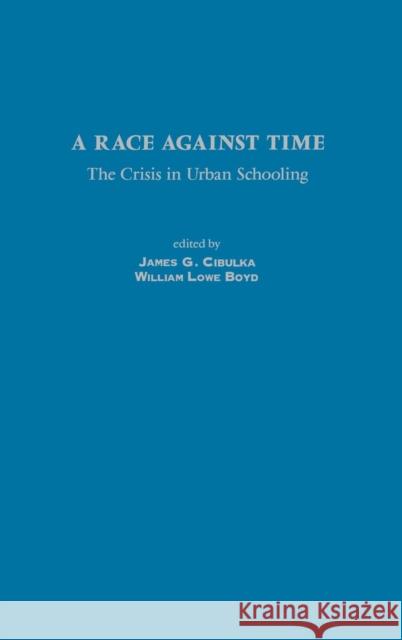A Race Against Time: The Crisis in Urban Schooling » książka
A Race Against Time: The Crisis in Urban Schooling
ISBN-13: 9781567506402 / Angielski / Twarda / 2003 / 272 str.
We are in a race against time to save urban children from educational failure and to reform urban school systems before people give up on them. The authors examine the effectiveness of three reform approaches: systems reform, mayoral influence, and external state or federal intervention, using case studies from seven large cities, as well as state and national trends.
The social and economic transformation of large American cities after World War II laid the seeds for the crisis in urban education that has festered and grown since the 1950s. Decades of appalling test scores and failure rates, and of unsuccessful piecemeal efforts to improve urban education, have led the public and policymakers to embrace radical solutions to reform.
Three approaches to the reform of urban school governance are discussed and analyzed, using data from seven large cities (Baltimore, Boston, Chicago, Los Angeles, Philadelphia, Washington, D.C., and New York), national trends, and a statewide analysis of Maryland's school accountability system. The first approach, systems reform, focuses on improving the governance of urban education by overcoming policy fragmentation through standards for student performance, student assessments, and accountability, among other things. Strong mayoral roles offer a second reform approach that largely reverses the Progressive-era reforms of the last century separating schools from city politics. Its supporters believe urban mayors can restore accountability, stability, and political support for urban schools. The third reform approach assumes that external intervention by federal or state authorities is needed to restore accountability and improve system performance.











